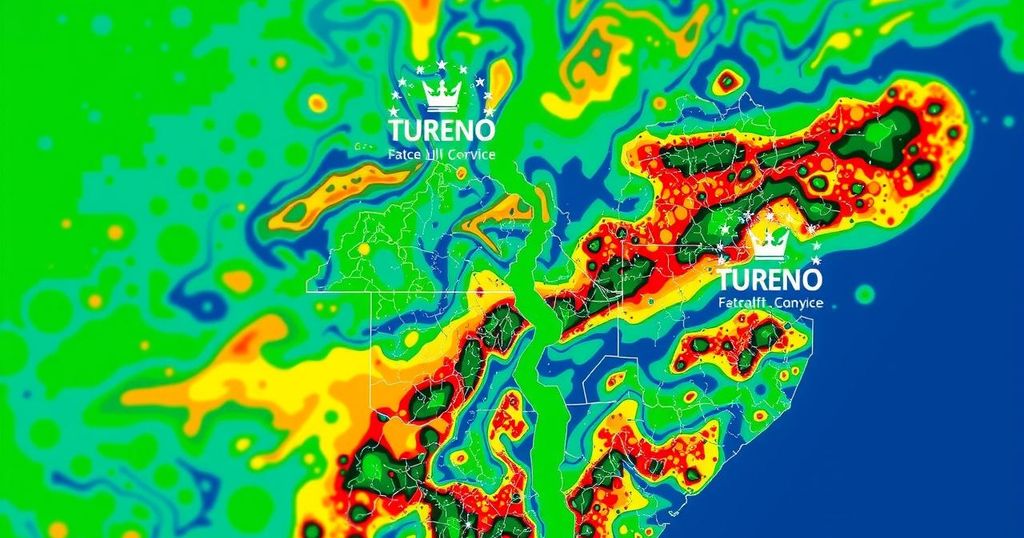A delegation from Burkina Faso and Togo participated in a knowledge-sharing mission in Sweden and Italy to enhance flood forecasting systems. They learned about operational procedures for early warning and disaster management. Key insights included the significance of managing waste in flood prevention and developing robust legal frameworks for flood risk management. The mission will guide these countries in improving their flood warning systems.
Representatives from Burkina Faso and Togo engaged in a significant knowledge-sharing initiative aimed at enhancing flood forecasting and early warning systems during a visit to Sweden and Italy. This delegation, comprised of 19 specialists, departed from October 16 to 23, 2024, to explore established operational protocols and frameworks essential for effective disaster management and early action against flood risks. The first segment of their learning journey took place in Norrkoping, Sweden, where they gained insights into the Swedish Meteorological and Hydrological Institute’s (SMHI) methodologies for generating and disseminating meteorological and flood forecasts. Additionally, a visit to Malmo highlighted the importance of managing solid waste to mitigate urban flooding, emphasizing that obstructions in drainage systems severely heighten flooding risks. Transitioning to Italy for the latter half of their trip, the delegation received guidance from the Civil Protection authority in Rome, covering practices for monitoring hydrometeorological hazards and improving communication among stakeholders involved in flood warning systems. In Genoa, they observed the operations of a regional Civil Protection Center, focusing on local data use for hydrometeorological monitoring. The visit concluded in Savona at the CIMA Foundation, which underscored the necessity of creating a robust legal and operational framework to guide national flood risk management efforts. These pieces of knowledge are set to inspire similar enhancements in flood forecasting capabilities within Burkina Faso and Togo. The next steps involve developing standardized operating procedures for their national flood warning systems, drawing from the insights acquired during this exchange. This initiative was technically supported by various organizations including SMHI, AGRHYMET, and CIMA, and was facilitated by the World Meteorological Organization (WMO) as part of the Hydromet project in Burkina Faso and the CREWS project in Togo.
Flooding poses a significant threat to communities in Burkina Faso and Togo, making the establishment of effective forecasting and early warning systems critical for disaster risk reduction. To enhance these systems, collaboration and knowledge-sharing between nations with advanced practices in hydrometeorological monitoring can provide valuable insights. This particular mission aimed to assimilate operational procedures that could be applied back home, ultimately leading to improved disaster management capabilities.
In conclusion, the knowledge-sharing mission to Sweden and Italy has equipped specialists from Burkina Faso and Togo with crucial insights into effective flood forecasting and early warning strategies. The exchanges facilitated a deeper understanding of how to integrate local data, legislate effective frameworks, and enhance communication between institutions. By adopting these best practices, both countries aim to strengthen their national flood warning systems, significantly reducing the impact of future flooding events.
Original Source: www.miragenews.com







